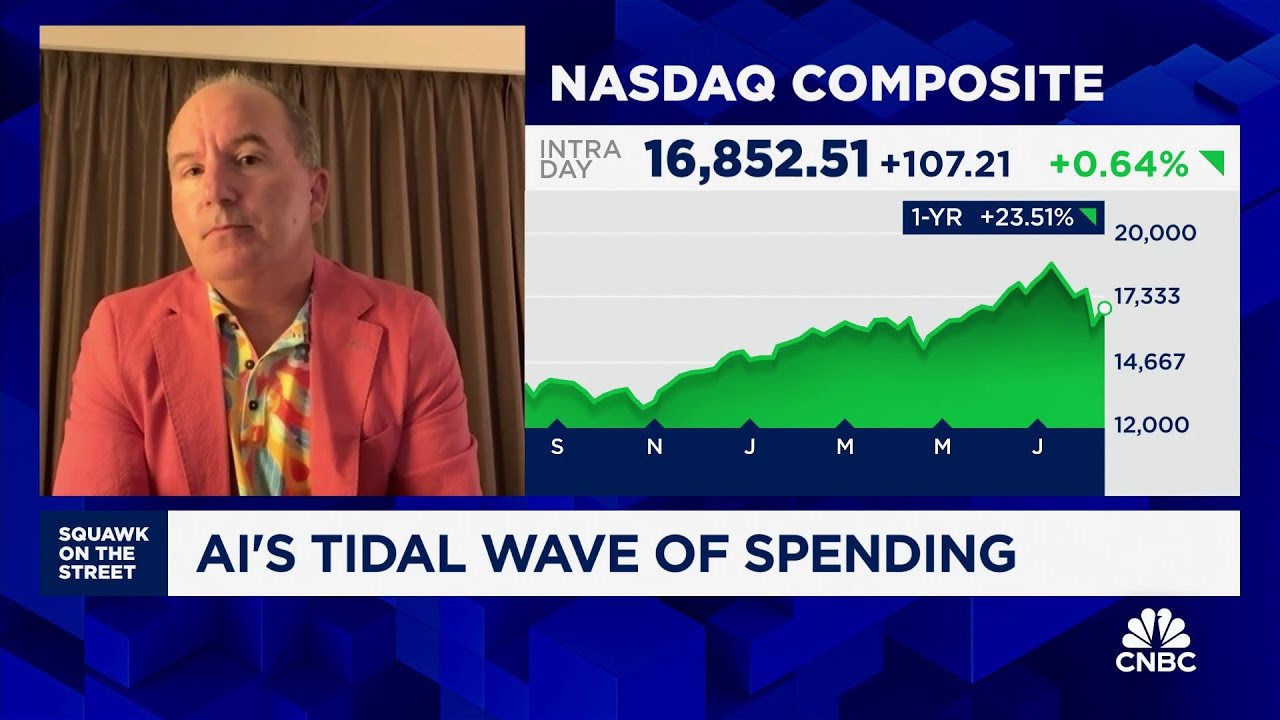Dan Ives from Wedbush expressed a bullish outlook on the AI revolution in the semiconductor and software sectors, highlighting strong demand and increased projections for Apple’s iPhone 16 shipments due to positive trends observed in Asia. He emphasized the transformative potential of AI across various industries, despite some challenges in advertising revenue for tech companies, and projected significant growth for Apple and the broader tech market in the coming years.
In a recent discussion, Dan Ives, from Wedbush, expressed his bullish outlook on the AI revolution, particularly in the semiconductor and software sectors. He emphasized that the demand for AI technologies is strong and that this marks the beginning of a significant growth phase for companies like Apple. Currently in Tokyo, Ives highlighted the importance of on-the-ground insights from Asia, which have informed his optimistic forecasts regarding Apple’s iPhone 16 shipments.
Ives explained that his confidence stems from extensive channel checks across Asia, where he has observed a positive trend in the supply chain for the iPhone. Initially, projections for iPhone 16 shipments ranged from 80 to 84 million units, but this has now increased to around 90 million, with potential for even higher numbers. This increase reflects Apple’s communication with suppliers about the strong demand outlook for the new iPhone model, which Ives believes is indicative of an AI-driven super cycle for Apple.
China’s market remains a critical factor in Apple’s growth strategy, according to Ives. He noted that there is a significant upgrade opportunity in China, with an estimated 100 million iPhones in need of replacement. A large portion of these upgrades is expected to be for the Pro and Pro Max models, which would further enhance Apple’s average selling prices (ASPs). Ives projected that if these trends continue, Apple could see over 240 million units sold by 2025, potentially leading to a market capitalization of $4 trillion.
Despite the optimism surrounding AI, Ives acknowledged some challenges faced by tech companies, particularly in advertising revenue. He pointed out recent softness in earnings reports from major players like Amazon and Google, which could pose risks to the exuberance surrounding AI advancements. However, he maintained that the broader trend of the Fourth Industrial Revolution is gaining momentum, with significant capital expenditures expected in the coming years.
Ives concluded by emphasizing the transformative potential of AI across various sectors, including cloud computing and enterprise solutions. He cited examples from companies like Microsoft and Palantir, which are leveraging AI to enhance their offerings. While acknowledging the potential for volatility in the market, Ives remains confident that the ongoing AI revolution will drive substantial growth and innovation in the tech industry.
